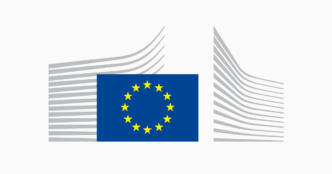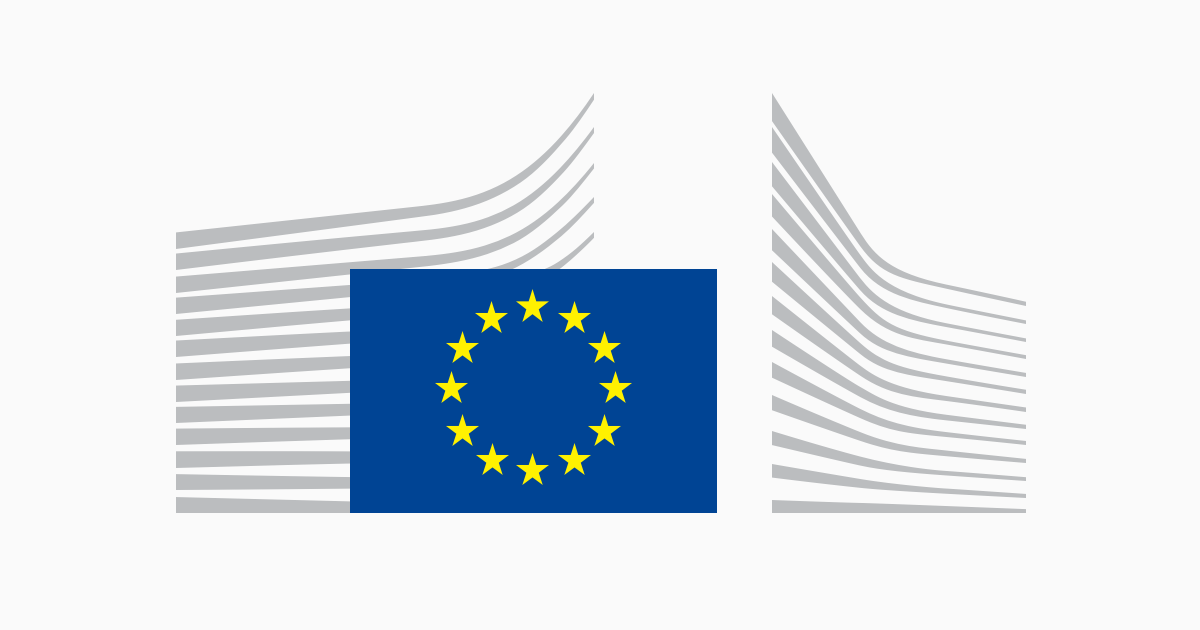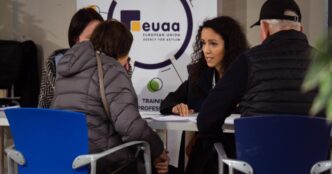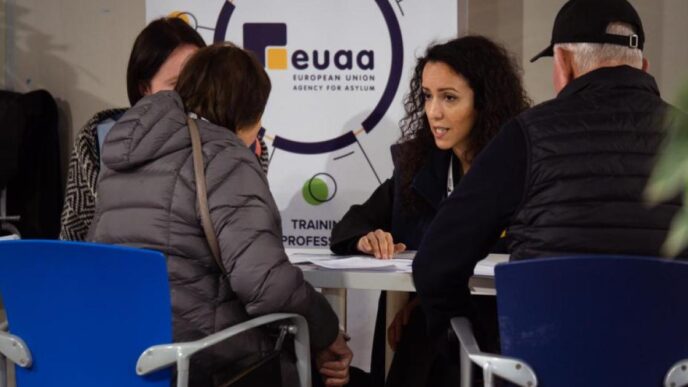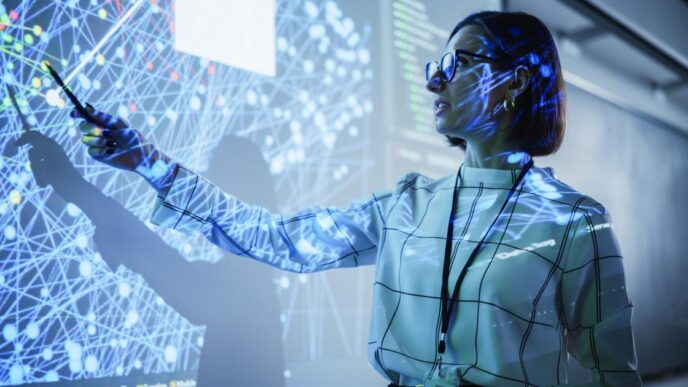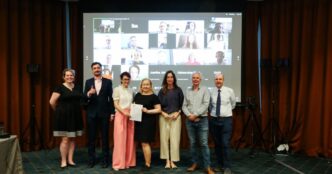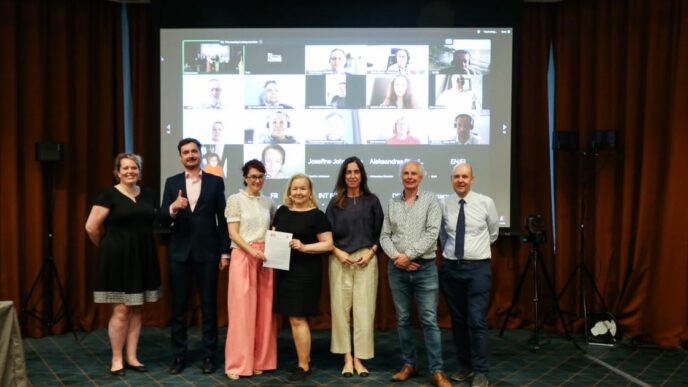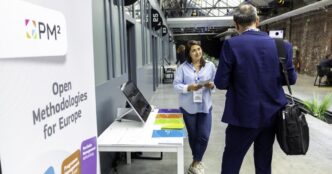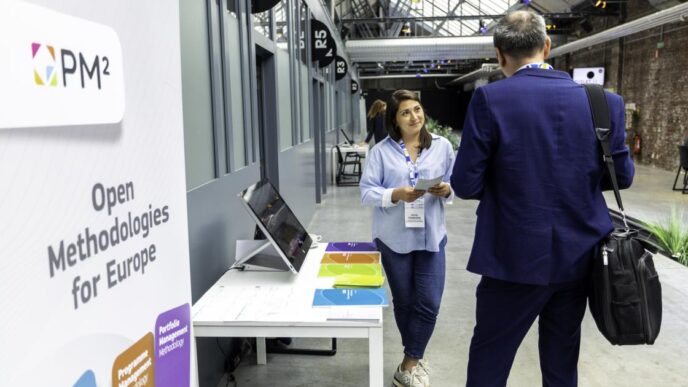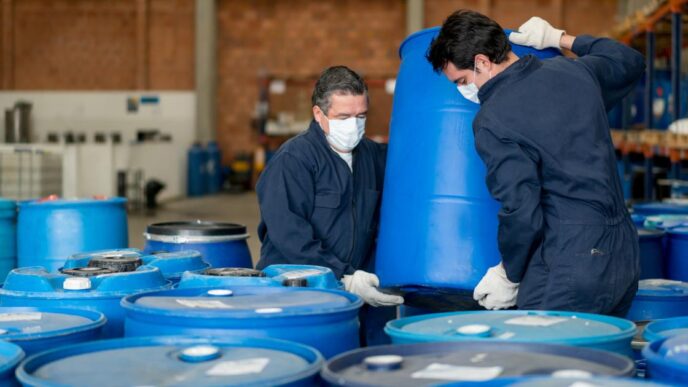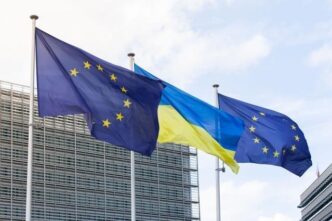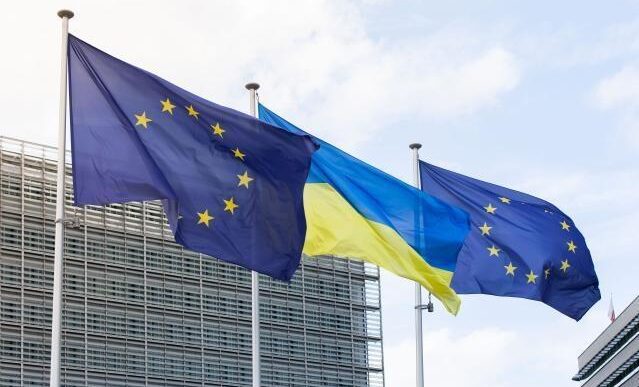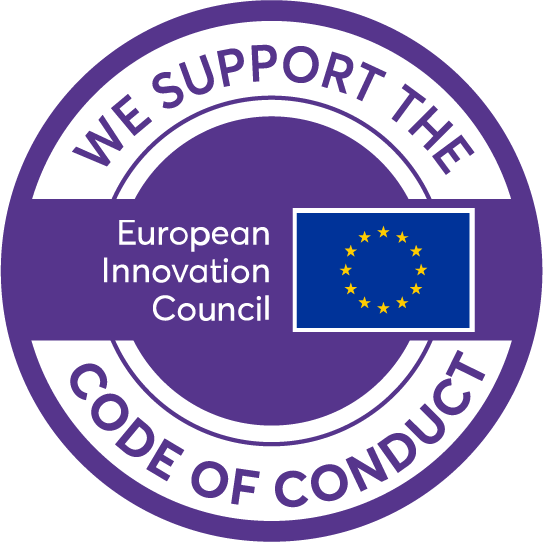Young Europeans have voiced their opinions on what they want for the future of our ocean and what they believe should be included in the upcoming European Ocean Pact. A panel of 15 young people took part in the first Youth Policy Dialogue of Commissioner for Fisheries and Oceans, Costas Kadis.
Making the blue economy attractive to young people
Job creation was a central theme of the conversation.
It was pointed out that young people see the fishing communities as impoverished. Thus, better levels of compensation and better promotion of the blue economy are needed to attract young people to the sector.
Commissioner Kadis underlined that generational renewal is one of the biggest challenges in the fisheries sector, and that skills and support for young people will be a priority in the European Ocean Pact.
The complexity of bureaucracy in applying for funding, as well as problems with accessibility, was one of the main issues highlighted by the young participants. As noted by Commissioner Kadis, the Commission is currently looking to identify where bureaucracy can be reduced.
Improving ocean literacy
By involving people at an early age, you create a lifelong commitment to ocean protection.
Citizen science initiatives, like clean-ups of rivers or coasts, can help young people act as data collectors, scientists and reporters.
Initiatives like the EU4Ocean coalition and its Network of European Blue Schools help bring the ocean into the classroom, but the challenge remains to include ocean literacy in national curricula and educational systems, not only in textbooks but also with field experiences.
Making use of new technologies
Using AI and new technologies to help improve marine knowledge was also presented as a great opportunity.
Benjamin, from Malta, gave the example of an app developed to help local fishers identify different species, particularly useful in areas with many ‘invasive’ species.
Commissioner Kadis noted that policies are more effective when people, including young people, make use of free tools such as the European Marine Observation Data Network (EMODNet) or the future Digital Twin of the Ocean.
Protecting the ocean & coastal communities
The protection of both the ocean and coastal communities is at the centre of the young panellists’ recommendations for the European Ocean Pact.
Speakers highlighted the need for comprehensive environmental assessments as a requirement for site selection – for instance for renewable energy projects in the ocean.
Concerns on deep-sea mining were also raised, on which the Commissioner reiterated the EU’s precautionary approach: prohibiting deep-sea mining until scientific gaps are properly filled.
